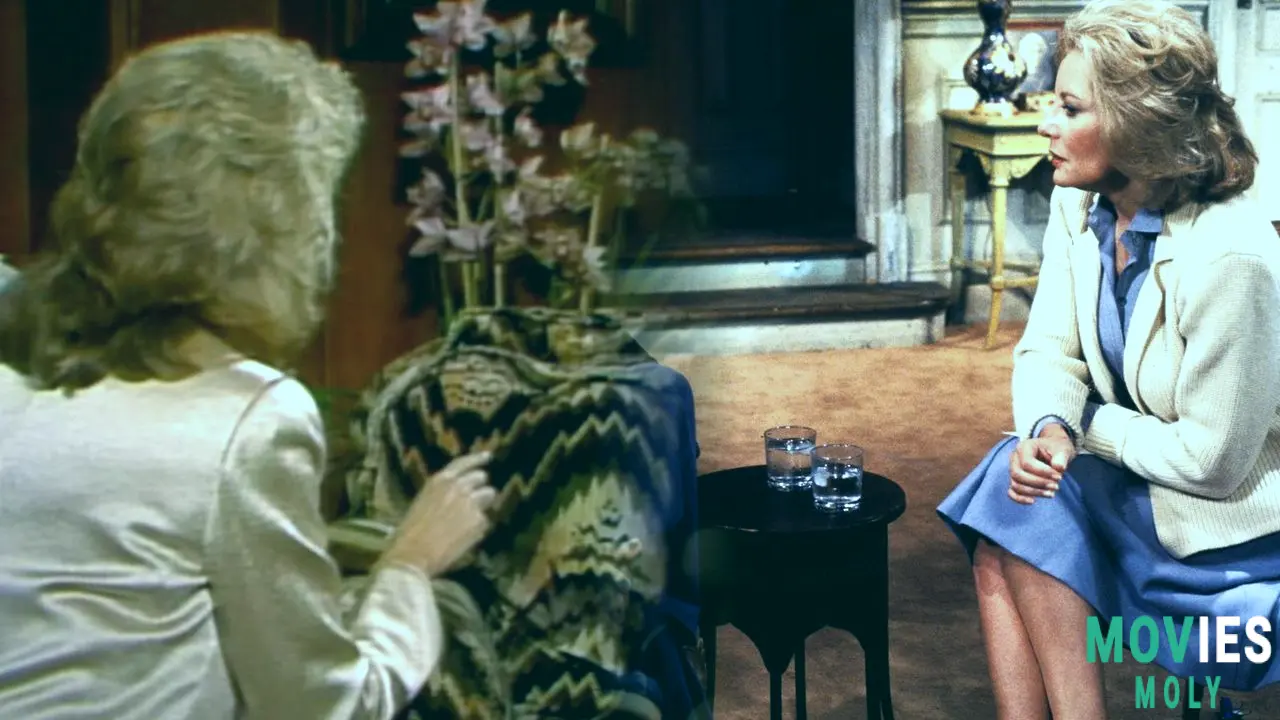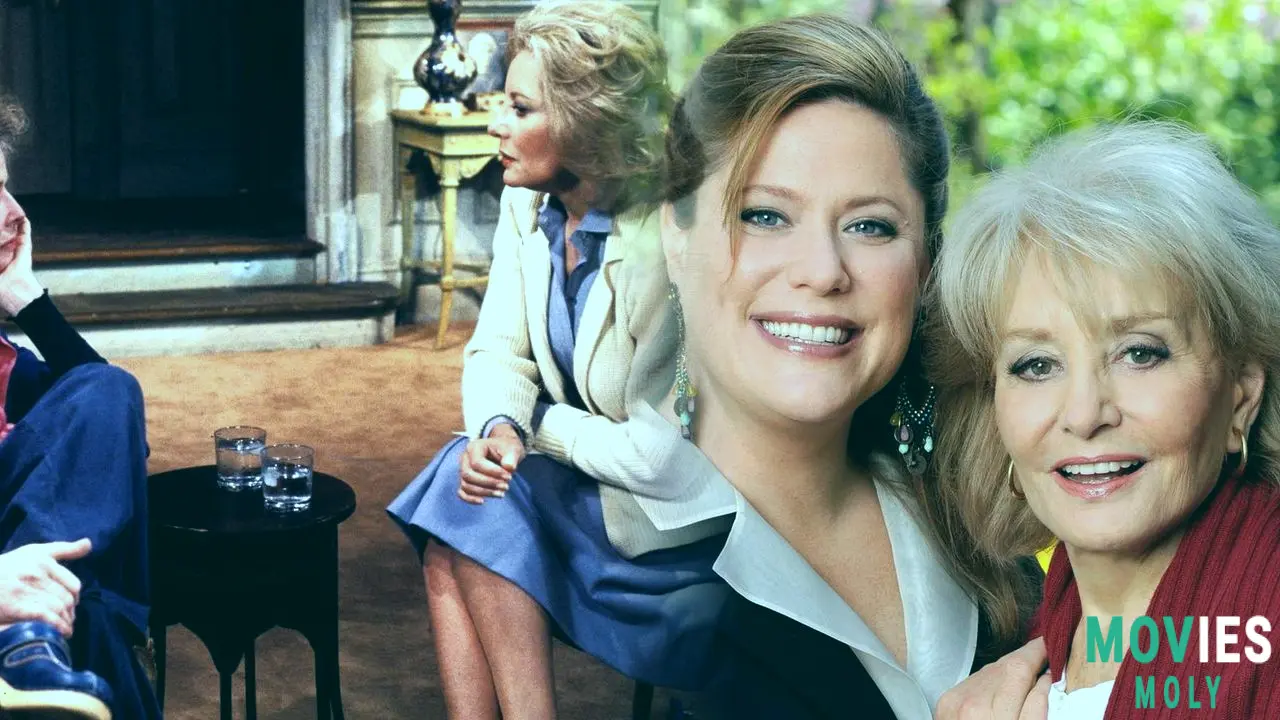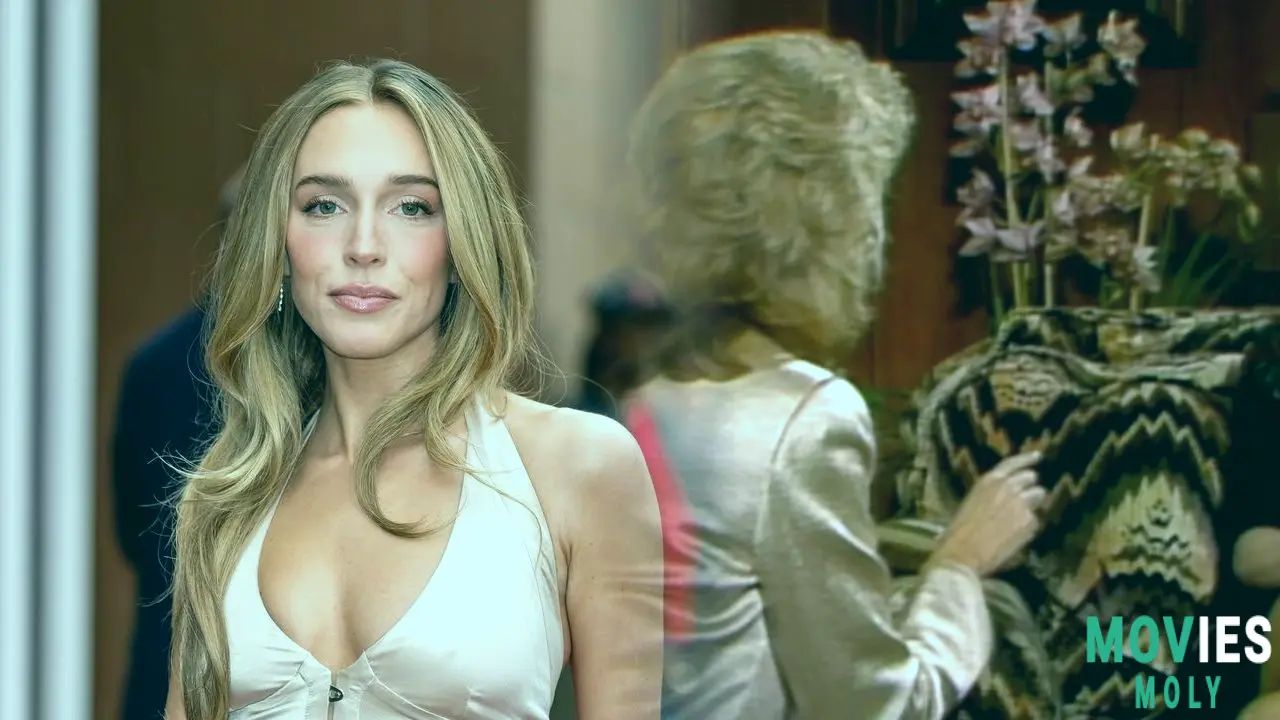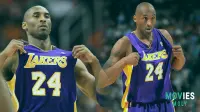Barbara Walters was undoubtedly a regular on TV for you too. She was everywhere, talking to presidents and movie stars in her own special way. When a renowned person dies, networks often make tribute specials that swiftly explain why that person was important. Barbara Walters: Tell Me Everything, a new Documentary by Jackie Jesko that premiered at Tribeca and subsequently on Hulu, feels a lot like one of those brief overviews for most of its time.
This documentary tries to be like Barbara Walters, especially in the first half. It takes viewers through the basics. After that, it asks harder questions. Or at least it makes people talk about things that are controversial. But it doesn't go much further than that. It's not a bad idea to let Walters' own interview style influence the movie. But the way it's done here doesn't seem particularly intriguing. It's really bad because Walters herself was very interesting. The movie demonstrates how Walters would ask her visitors simple questions to make them feel at ease. Then she would ask questions that were rude or sharp. But it's hard to determine who Jesko is attempting to make comfortable or why since she isn't actually talking to Walters.
The first half of the documentary tells the story of Walters' life. It begins with her childhood. It goes on to talk about her early reporting. Then it talks about her tenure on Today and then on ABC Evening News. Jesko shows us all the ways Walters was treated unfairly because she was a woman. It felt like there was always another unpleasant male opponent. Then ABC let her do the long interviews. These interviews mixed news and celebrities in a way that had never been done before.
Taking a look at the important events and problems that Barbara Walters faced in her groundbreaking careerFrom Fighting Sexism to Changing the Way Celebrity Interviews Are Done
She spoke with famous actors, dictators, and presidents. Even though the old footage in the movie is recognizable, it's still great. You can see Walters seated next to Harry Reasoner at the ABC Evening News desk in an uncomfortable way. Then you see her sitting alongside Anwar al-Sadat and Menachem Begin, and she looks considerably more at ease. Later, she is happily talking to famous people like Clint Eastwood and Bette Midler. The interviews with different producers and coworkers are okay. Midler is an example of a star that Walters was friends with and worked with professionally. She had some good moments. But more than two years after Walters died, this movie doesn't demonstrate any more understanding. It doesn't seem like time has brought about fresh insights or that these folks talking have changed anything.
The second half of the documentary is considerably better. We follow Walters during the years when she was most busy. People like Katie Couric, Oprah Winfrey, and Connie Chung give us some good advice. These ladies did what Walters did. There are several cool things about Walters' famed Rolodex. This was a tool she used to remember who she needed to call. It was also hard to get interviews in the 1980s and 1990s, which is often talked about. One great section is regarding Walters' famous talk with Monica Lewinsky. Winfrey and Lewinsky talk about their memories. Winfrey assumed she was the one who did the interview. But somehow Walters got it. A lot of individuals who aren't Diane Sawyer talk a lot about the Sawyer and Walters rivalry. This was a well-known problem in the realm of TV news.
The movie does not have Diane Sawyer in it. This is a common theme for the documentary's most difficult subjects. Jesko knows what stories she needs to share. But she doesn't always have the right interviews to tell them well. Sawyer's absence is a huge matter since the documentary thinks that competition was highly essential. Jacqueline, Walters' daughter who is often far away, is also not present. This is a huge matter because the movie makes it seem like Walters chose her job before love and family. Cynthia McFadden, a friend of Walters' for a long time, told PEOPLE that Walters was "very regretful about her family life" and thought it was something she "couldn't fix." McFadden said that Walters "couldn't understand someone like Jackie, who wasn't trying to get to the top."
Barbara Walters' private problems: how her public career affected her personal life

Looking at how the movie showed her relationships and the tough decisions she made
People who didn't know Walters personally talk about the remainder of her personal life. So there is no way to know for sure what was going on between Walters and Roy Cohn. This is one of those weird things that a lot of people already know. But some people could be surprised. They don't even talk about how many times she married Merv Adelson. We trust Cindy Adams with a lot of personal information instead. Adams is a well-known gossip journalist, so it seems natural that she would be there. There is also a makeup artist in the movie, although it never explains what she does for Walters. Lori Klein, the makeup artist, worked with Walters for 29 years. I only know this from other sources, not the movie.
Tell Me Everything doesn't even come from Tell Me Everything itself; it's the most emotional aspect. The whole procession of female journalists who were on Walters' farewell episode of The View is displayed. This part, which has no voiceover or analysis, somehow makes it evident how much Walters has affected culture. It feels a lot stronger than whatever the documentary offers. It's okay for a movie about a diligent worker to end with the message that you can't have it all. Have you ever seen a documentary about a man asking the same question? Most likely not. And does Barbara Walters: Tell Me Everything really examine its own ideas? Not really. The movie is straightforward and polite. It would have made its point well if it had come out a month after Walters died. It doesn't work when it tries to step back and use the time that has passed to do something deeper.
A Surprising Story About Barbara Walters' Influence: Kathy Griffin Turned Down Hosting The View

A Comedian's Choice Shows How Dangerous and Costly It Can Be to Work with a TV Star
Comedian Kathy Griffin told a stunning anecdote about turning down a big offer to be a permanent co-host on Barbara Walters' show The View. She told her YouTube fans that she turned down a job that paid more than a million dollars. She added that Barbara Walters "did not like that at all." Griffin, who is 64 years old, said she rejected down the offer since it would "uproot" her life in Los Angeles. At the time, she was also looking after her parents.
Before she earned the permanent job in the middle of the 2000s, Griffin had been a guest host almost 30 times. She said that the offer was for $1.4 million. She stated she had to turn it down since she was making roughly $10 million a year from touring and her show My Life on the D-List. Griffin remembers getting Walters aside and informing her in person before finally saying no. "I want you to know why I'm going to say no. She remembered stating, "It's not that I think I'm too good for this show; it's the other way around: this show is too good for me."
Griffin said to Walters, "I'm going to be honest, this is how much money I made last year." I will show you my tax returns. I don't want you to think I'm lying, but moving costs a lot of money and I'm really close to my parents and dad. I live in Los Angeles, and I can't do it, but I want you to hear it from me. But Walters "didn't like that one bit."" Griffin decided she had to turn down the show totally when she learned they wouldn't "raise their offer by a penny" or meet her halfway.
Griffin still has a lot of respect for The View. She remembers Walters saying, "They say we have chemistry." She was grateful for the chance, even though the permanent job didn't work out. Griffin said she has a lot of respect for the women who go on that show every day. They know that others will be cruel to them. She also said that The View is still one of the most talked-about shows on TV and in general. In 2006, Rosie O'Donnell got a job at The View instead. She resigned after less than a year because she and co-host Elisabeth Hasselbeck often didn't get along.



